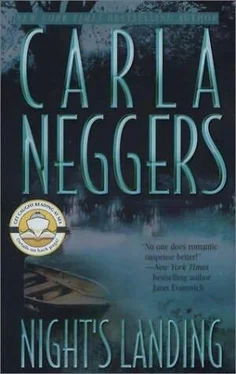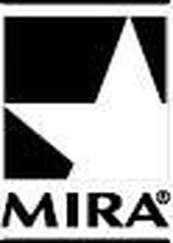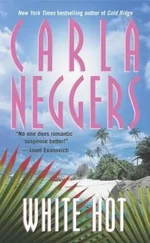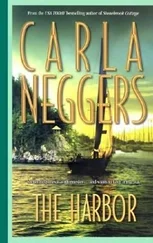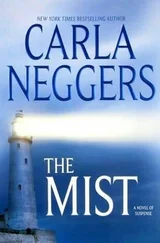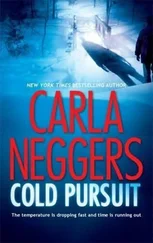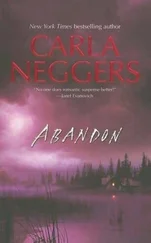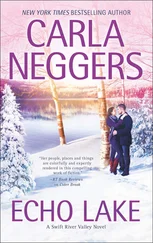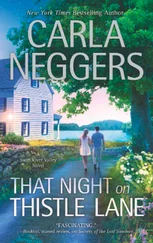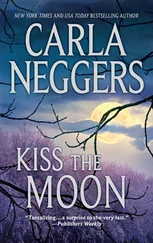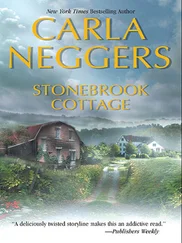“Of course.” Rousseau had arrived in New York only yesterday but exhibited no sign of jet lag. “I’m in touch with your man here. We’re working together on the problem.”
“No ties back to me. None.” Janssen didn’t need to remind Rousseau that he had access to Rousseau’s family-his mother, his ex-wife, his two teenage daughters. “Is that clear?”
“Very,” Rousseau said calmly.
“Keep me apprised.”
After he hung up, Janssen lit his pipe and lifted his feet onto a leather ottoman. His dogs, two Rhodesian ridgebacks who always traveled with him, lay atop a thick Persian carpet. They were his best, most trusted companions. Like him, they had learned discipline, patience.
But they were of a kind, and they had each other. He had no one.
The wealth he could reveal openly wasn’t particularly impressive-it was the wealth he concealed that one day he would blend with his legal fortune, that would widen eyes and open doors. Then he could lead the life he’d always imagined for himself. He’d have the woman he wanted, the position, the power, the respect.
By then, perhaps Stuart Dunnemore would have died in his sleep, and Betsy would be free.
She’d need time to mourn, of course, but not that much. She had to know she’d outlive Stuart-she’d had to be preparing herself, even now, for going on without him.
But first, Janssen knew he had to get her to help him deal with the fact that he couldn’t return to his own country without facing prosecution and the certainty of a prison sentence. Betsy would eventually see that it was unfair. That he’d paid for whatever mistakes he’d made and could offer the world more as a free man.
No, his legal status wasn’t first. He tightened his grip on his pipe and controlled a wave of irritation.
Dealing with the situation in New York was first.
He prayed that the Dunnemore twins hadn’t seen him in Amsterdam -that the shooting in Central Park in no way involved him and any of his people.
But if they had, if it did, Nicholas was prepared to act. Too much was at stake for him not to.
It was after dark when two deputy marshals dropped Sarah off at Night’s Landing. Ethan waited until she’d reassured them she was fine there on her own and their car had pulled out of the long, curving driveway. Then he knocked on her kitchen door.
Sarah opened it, looking drawn and tired, but she attempted a smile. “Hey, Ethan.”
He adopted his stereotypical good ol’ boy demeanor. “I didn’t expect you home so soon, Miss Sarah.”
“Rob and his marshal buddies basically kicked me out. A classic case of projection. Really they’re worried about themselves and their own safety, but instead they say they’re worried about me.”
Ethan doubted it was projection-the marshals probably had damn good reason to worry about her. She was an attractive academic with no experience in law enforcement and sniper attacks. In their position, he wouldn’t want her underfoot, either.
“Anything I can do for you?” he asked.
She shook her head. “I’m going to take a bath and go to bed. Thanks. Tomorrow-I don’t know.” Her eyes brightened for all of half a second. “I might just go fishing.”
“I didn’t know you liked to fish, Miss Sarah.”
“I don’t particularly, but it’s better than sitting around here worrying about Rob and feeling sorry for myself.”
Ethan smiled and managed to shuffle his feet. “I know it’s a hard time for you. The neighbors stopped by to give their regards. Mr. Fontaine, Miss Prichard, Mr. and Mrs. Kidd. They wanted to bring casseroles and flowers, but I told them I didn’t know when you’d be back.”
“That’s sweet of them.” She seemed to take pleasure in the concern of her neighbors. “I’d love to have a few more casseroles in the freezer for when Rob gets here. He’s coming down to recuperate as soon as his doctors allow him to travel. What about reporters?”
“A few. I let them pound on the door, then came out and looked scary when they started peeking in the windows.”
That brought on a genuine smile. “Good thinking.”
He left her in the big empty house, the ground soft under his feet as he walked back to his cottage. He could smell the wetness of the river, hear it lapping the limestone along its banks. The stars and half-moon created enough light for the trees to cast dark, wavering shadows. He hadn’t grown up near water and trees.
He opened up all the cottage windows. The curtains fluttered in a cool breeze. Quickly, routinely, he checked his weapons. He had two Browning single-action 9 mm semiautomatics, as well as the Smith & Wesson.38 semiautomatic he used as an ankle gun.
The two wounded deputy marshals in New York. The archaeologist sister. The elderly statesman and his younger wife in Amsterdam.
The president of the United States.
Charlene Brooker, murdered army captain.
Ethan couldn’t see how they fit together. Maybe they didn’t. Maybe only some did. But he’d never been a big plotter, one to agonize over every why and wherefore. Establish the mission, then accomplish it. He figured if he got in these people’s faces, something would start clicking.
In the meantime, he had nothing solid to take to the FBI, the U.S. Marshals Service, the Secret Service, army investigators, the Dutch police or anyone else.
Not that he would go to any of them when he did.
He wanted Charlene’s killer all to himself.
A fine mist rose off the river, sparkling in the early-morning sun that would burn it off within the hour. Sarah had walked down to the dock and up along the riverbank to the edge of the fields, aware of the tightness in her muscles after so many hours of worry, fear and tension. But she felt less conflicted about being back in Night’s Landing, less guilty for having left her brother. It was what he wanted. He had friends, colleagues-armed guards-who’d look after him.
And she was home, away from the guns, the investigation, the angry and concerned federal agents.
When she returned to the house, she put on water for hot tea and settled at the round oak kitchen table, piled with mail Ethan must have brought in while she was in New York. She flipped through it, hoping for a good catalogue to occupy her while she drank her tea. There were cards and notes from well-wishers-most were people she knew, but some were strangers who’d heard that her brother had been shot and wanted his family to know they were thinking of him.
She made her tea and read the cards and letters one by one, appreciating the good thoughts from friend and stranger alike. I know I haven’t seen you in several years, but I had to write…
“Nice,” she said aloud, lifting a larger envelope off the pile.
No return address. New York postmark. One of Rob’s associates?
She opened it and unfolded the single white eight-and-a-half-by-eleven paper inside. Several lines were centered on the page in large, bold, computer-printed italics.
A poem, she thought.
No.
The first words registered.
If I can get to your brother, I can get to you.
Unable to breathe, Sarah shoved her chair back, its legs screeching on the wood floor. She lurched to her feet.
The paper fluttered in a breeze from the open window, the words plainly visible in at least twenty-eight-point italic type, glaring up at her.
If I can get to your brother, I can get to you.
Do nothing. Tell no one.
The marshals, the FBI, your local sheriff.
Your parents in Amsterdam.
I’ll know if you talk.
Wait.
She was aware of herself gulping in air without expelling any. Aware of her tea mug teetering on the edge of the table, of her hand holding tightly onto the back of the old oak chair. It was as if she was looking down at herself. She couldn’t make herself stop.
Читать дальше
Конец ознакомительного отрывка
Купить книгу
